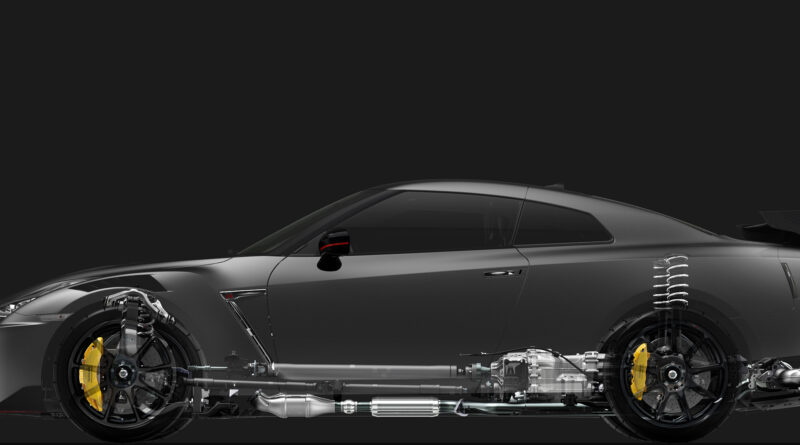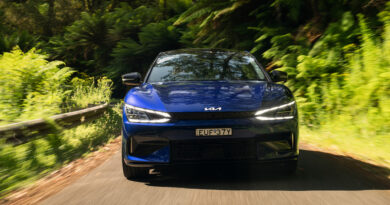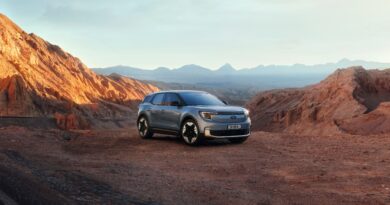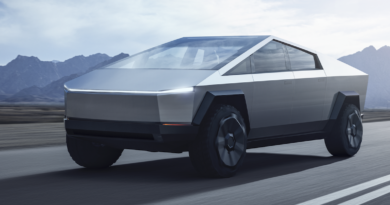Solid state batteries key to electric Nissan Z, GT-R
Advances in battery technology are key to the future electrification of a Nissan Z sports car.
That’s the word from Nissan’s senior vice president of global product planning, Ivan Espinosa, who is also plotting the next generation Nissan GT-R that sits at the top of the brand’s performance pyramid.
Fresh from the reveal of the seventh generation Z car – currently called the Z Proto, but expected to adopt the 400Z badge when it arrives in 2022 – Espinosa said battery technology was not ready for a Z car. Yet.
Tesla has proven straight-line performance isn’t the issue, but Espinosa says driving enjoyment and handling are equally important in a Z.
“You can probably have an interesting 0-100 acceleration [time], but when it comes to cornering, sudden braking … the weight of a battery is still on the heavy side,” he said.
“When you are 2000kg or 2200kg, cornering with those animals is a bit of a challenge. Of course, you take off like a rocket but the first corner you go into, first your brakes start flaming and then, second, you try to turn and the car keeps going.
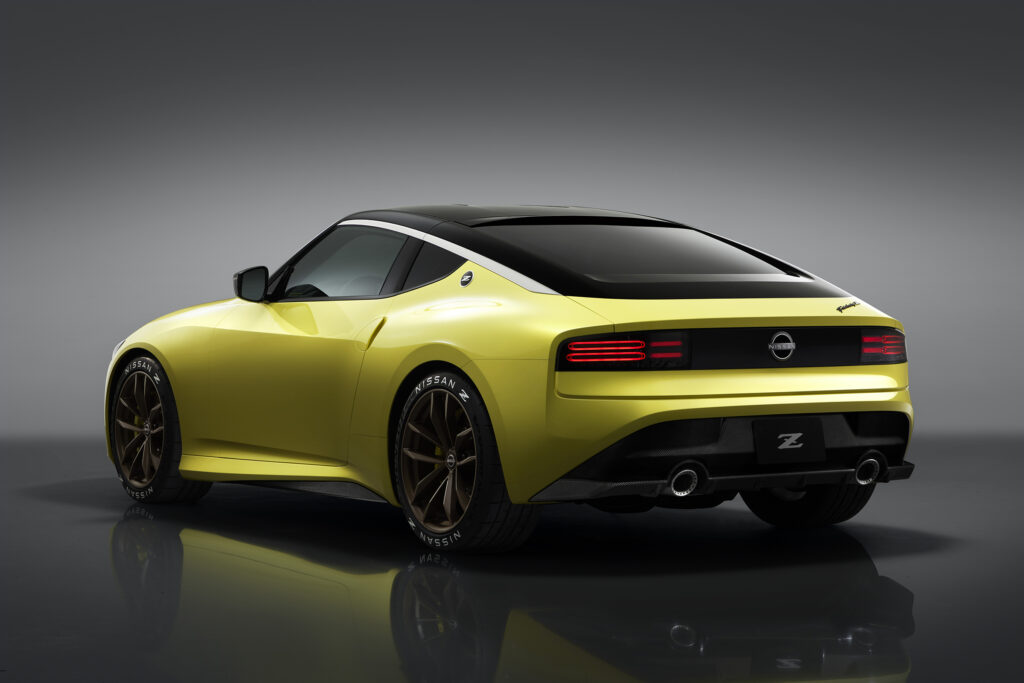
“That’s something that we need to improve on.”
Cars such as the Nissan Z – which also prioritise affordability, or the “accessible dream car” as Espinosa refers to it – need to be fun to drive, he says.
“Sports cars aren’t only about horsepower, it’s about balance of weight and power and how this weight is moving on the chassis.”
It’s for that reason he says it will be some time until the Z receives some form of electrification.
“The technology that is currently out there I don’t believe is ready to deliver what we would like on the dynamic side.”
Part of the challenge is where to put the batteries: EVs typically line batteries in the floor of the car, keeping the weight down but raising the seating position.
“If you want to have a low drive position it makes it difficult because you have to carry the battery somewhere and usually that somewhere is in the floor; it’s very difficult to package.”
However Espinosa acknowledges the technology is moving quickly and the imminent arrival of solid state batteries – which recently debuted in a Mercedes-Benz bus – offered hope.
He said solid state batteries were “one of the options” being considered for a future Nissan electric sports car.
“If it gets to a density that it’s easy to package, if the weight is something that allows you [to get dynamic benefits].”
Despite the pushback on the Nissan Z being electrified – for now – Espinosa left the door open for the upcoming GT-R.
The Nissan GT-R is a lot heavier than a Z and needs bigger performance, something that electric motors can easily provide.
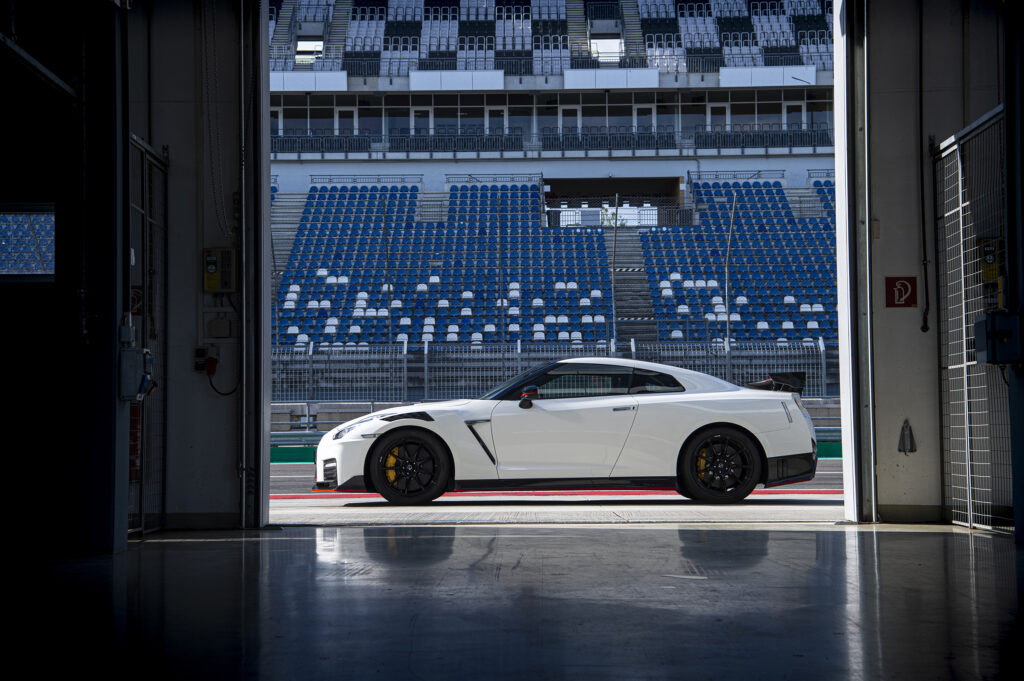
“Everything is open,” he said. “It’s all about understanding what you want to deliver to the customer then the solutions you can choose.”
A senior Nissan executive recently suggested the next GT-R could pick up a hybrid system similar to the KERS (kinetic energy recovery system) used in various forms of motorsport.
He said the next gen GT-R – presumably codenamed R36 – needed to be “a very credible performance machine, the way the current GT-R is”.
“We will remain true to that.”

